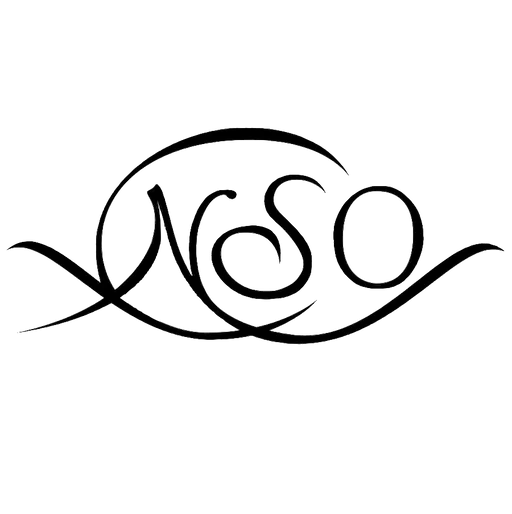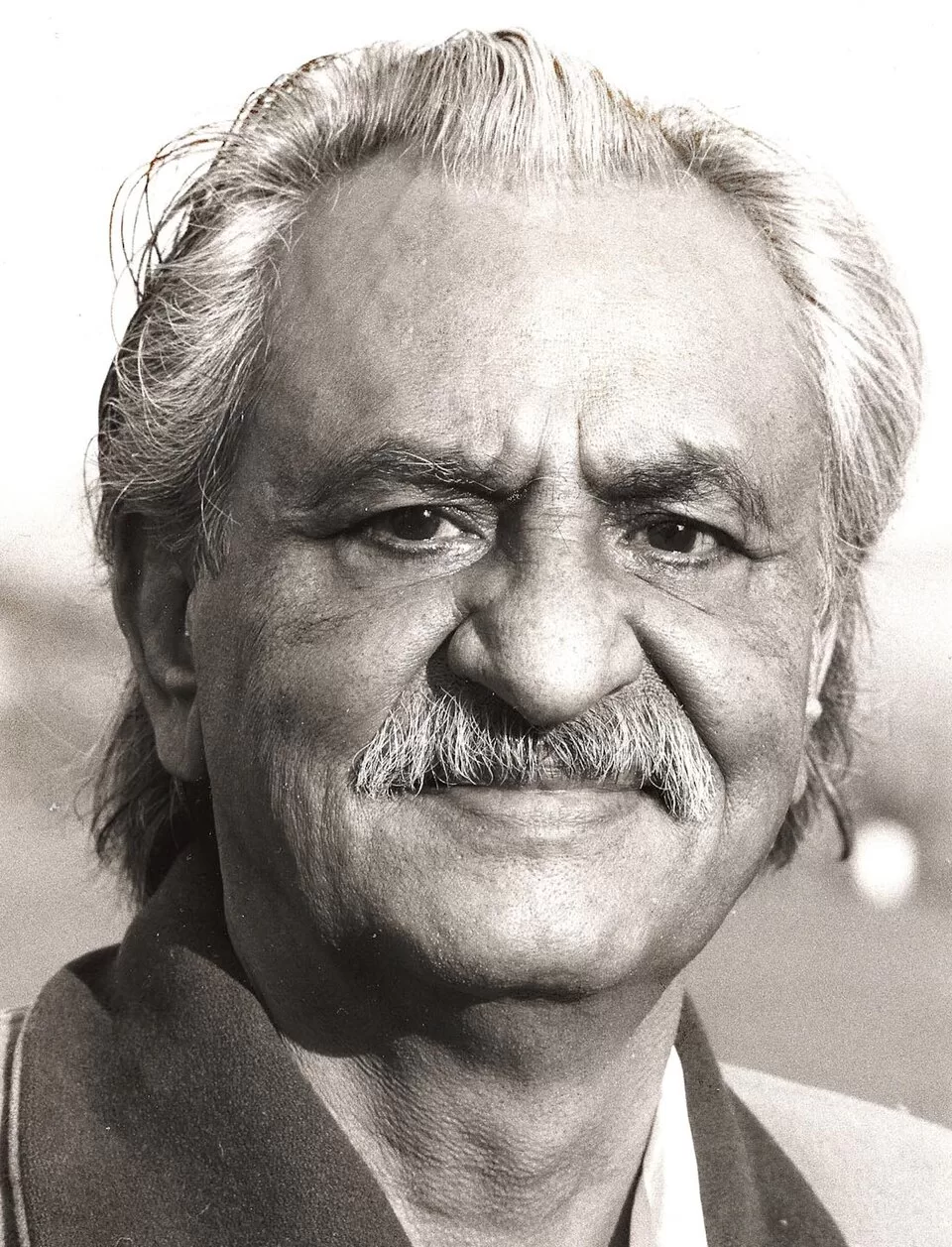Originally published in Sufi Journal Issue 3 (Autumn 1989)
Tonight we shall be speaking about chivalry (jawānmardī) and Sufism.
Before Islam appeared, the tradition of chivalry in the Middle East was maintained by the training of men to be chevaliers, or jawānmard-s. The tradition of chivalry included consideration for others (morowwat), self-sacrifice (īthār), devotedness (fedā-kārī), the helping of the unfortunate and unprotected, kindness towards all created beings, keeping one’s word, and self-effacement — all qualities which were later to emerge as the noble attributes of perfect humans from the point of view of Sufism.
In addition to possessing these human attributes, these chevaliers were committed to a particular code of etiquette and conventions, from which the main objective and principles of chivalry were derived.
With the appearance of Islam these chevaliers embraced the religion of Islam while retaining the conventions of chivalry, founding the creed of Sufism on the basis of both Islam and chivalry. Thus, the etiquette of the chevaliers became part of the practice of the khānaqāh and of the Sufis.
Gradually, as the philosophy of the Unity of Being (wāhdat-o’l-wojūd) and Divine love were made more profound and appealing by Sufi masters, the tradition of chivalry gained, hand-in-hand with it, an extraordinary influence and currency. The spirit of Sufism consists of focusing one’s gaze in one direction through the power of love, and its method is a humane code of ethics which has been equated with that of the chevaliers.
Thus, Sufism has an outward and an inward aspect: Its inward aspect consists of the traveling of the Path and the traversing of stations to attain the level of subsistence-through-God. Its outward aspect is the tradition of chivalry, the content of which consists of the attributes of perfect human beings.
Hence, Sufis must know that they are the standard-bearers of the school of humanity and the tradition of chivalry in the world of today; and they must not allow modern civilization to destroy noble human qualities — a civilization which, from the outward point of view, sends people to the greatest heights, while at the same time, from an inward point of view, causes human beings to sink lower than animals.
In the materialistic civilization of today, Sufis must strive to be examples of noble human beings, in order to draw the desires and inclinations of others towards humane attributes — attributes which are unique to the human species.
Sufis must exhibit to mankind the effects and results of the spiritual paradise which they have discovered on the Sufi Path, so that others may be aware that their material paradise is worthless in comparison.

